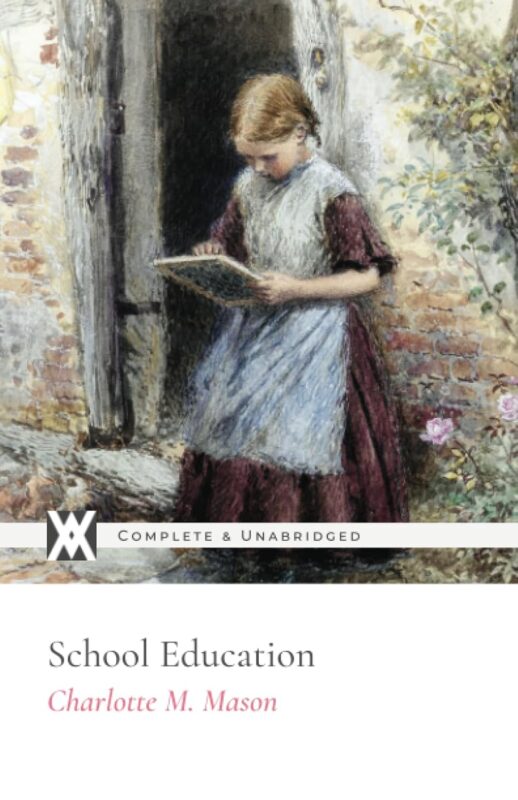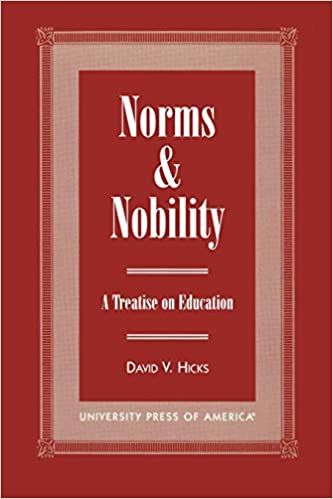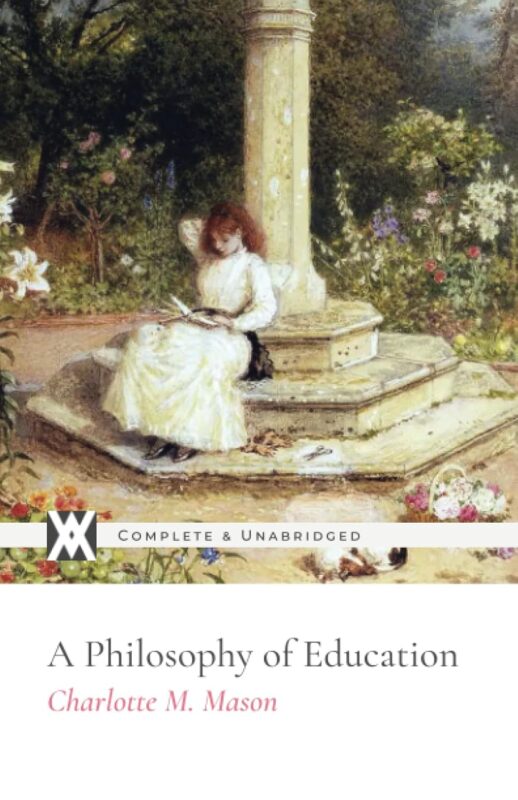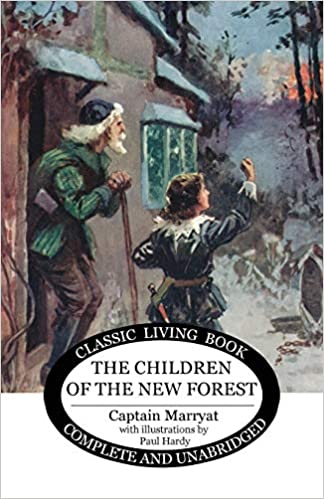Charlotte Mason’s School Education (Book 3 of the Home Education Series)
After teaching about educating young children (up to the age of nine) in Home Education, Charlotte Mason turns her attention to 9-12 year-olds in School Education. Along with examples of books and exams she instructs us on:– The rights of children– The value of holistic education– How to help your child learn for themselves– How to develop the whole person– The importance of living books in education– How grades and rewards kill curiosity
More info →Norms and Nobility: A Treatise on Education
A reissue of a classic text, Norms and Nobility is a provocative reappraisal of classical education that offers a workable program for contemporary school reform. David Hicks contends that the classical tradition promotes a spirit of inquiry that is concerned with the development of style and conscience, which makes it an effective and meaningful form of education. Dismissing notions that classical education is elitist and irrelevant, Hicks argues that the classical tradition can meet the needs of our increasingly technological society as well as serve as a feasible model for mass education.
More info →Charlotte Mason’s Philosophy of Education (Book 6 of the Home Education Series)
This edition of Charlotte Mason’s Home Education Series is presented complete and unabridged, retaining the pagination of the original to make research and referencing easy. All the books have been fully transcribed and formatted using a clean and easy-to-read font so that there’s no excuse not to read these revolutionary works.Written shortly before her death, A Philosophy of Education represents Charlotte Mason’s final thoughts after a lifetime spent thinking on education. Containing the final version of the 20 principles on which her method is based this book is a great place to start for parents of older children.
More info →Children of the New Forest
When Jacob Armitage, a local verderer, hears that Parliamentary soldiers looking for King Charles I are planning to burn down the home of the Beverley orphans he saves the children and rears them as his own grandchildren in a small cottage in the woods. But can aristocratic children, used to being served, learn to survive as simple foresters? This story was one of the first historical novels written for younger readers and has endured until today. Its classic themes of chivalry and bravery and the examples the children set are sure to be enjoyed by readers of all ages. This edition features the gorgeous illustrations of Paul Hardy throughout to add extra charm to an already incredible tale.
More info →





